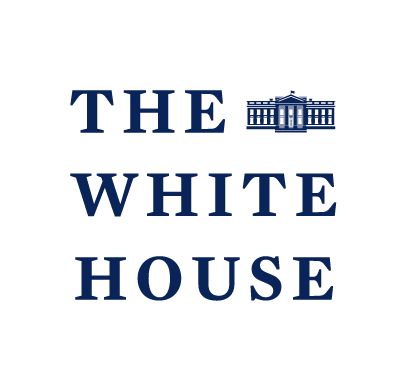US Agencies Directed to Strengthen Privacy Protection Against AI in New Executive Order
by
November 8th, 2023
Audio Presented by

The White House is the official residence and workplace of the president of the United States.
About Author
The White House is the official residence and workplace of the president of the United States.
